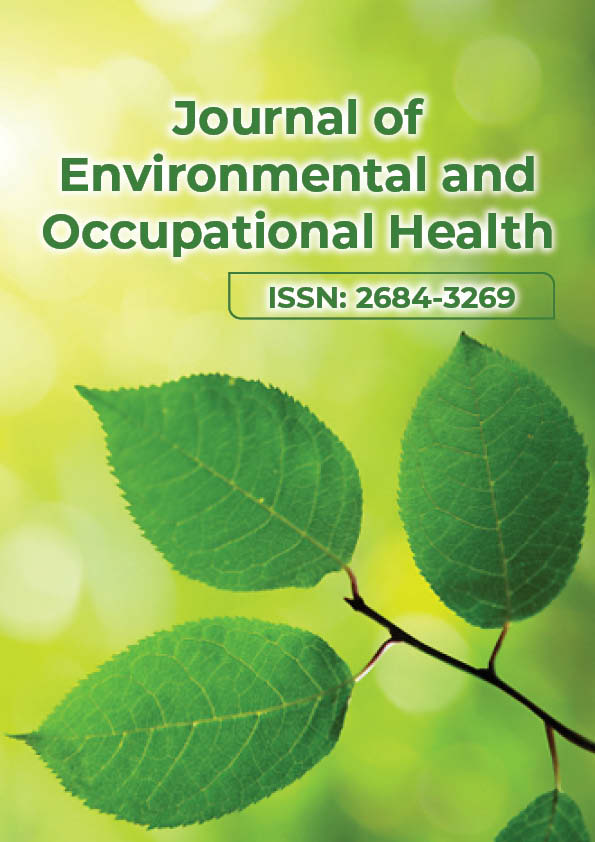Mercury disposal practices: Differences in awareness and attitude in students from government and private run nursing colleges
Abstract
Rajnarayan Tiwari, Shruti Patel, Annie Soju, Prarthana Trivedi, Deepak Purohit
Background: Mercury is seen as one of the leading environmental contaminants in the world as it is toxic even in trace amount and can travel long distance from the original source of emission. Objective: To assess the differences in knowledge, attitude and practices of student nurses from government run and private run nursing colleges regarding ill effects of mercury and its safe disposal. Setting: This cross sectional study included 409 students from government run and 131 from private run nursing colleges of Ahmedabad were included in the study. Interview technique was used as a tool for data collection on predesigned questionnaire. Results: Significantly higher proportion of private group participants responded that mercury is a neurotoxic substance causing harm to central nervous system. 21.4% participants from private group were unaware about the hazardous nature of mercury waste as compared 14.9% in the government group and the difference was statistically significant (X2=7.79, df=2, p=0.02). In the private group significantly lower workplaces had colored boxes for segregation of wastes (X2=37.58, df=2, p<0.001) and significantly lower proportion participants received training on biomedical waste management (X2=47.48, df=2, p<0.001). Conclusion: There is a need to impart knowledge regarding mercury and other harmful chemicals and their safe disposal to health care workers.
PDF




